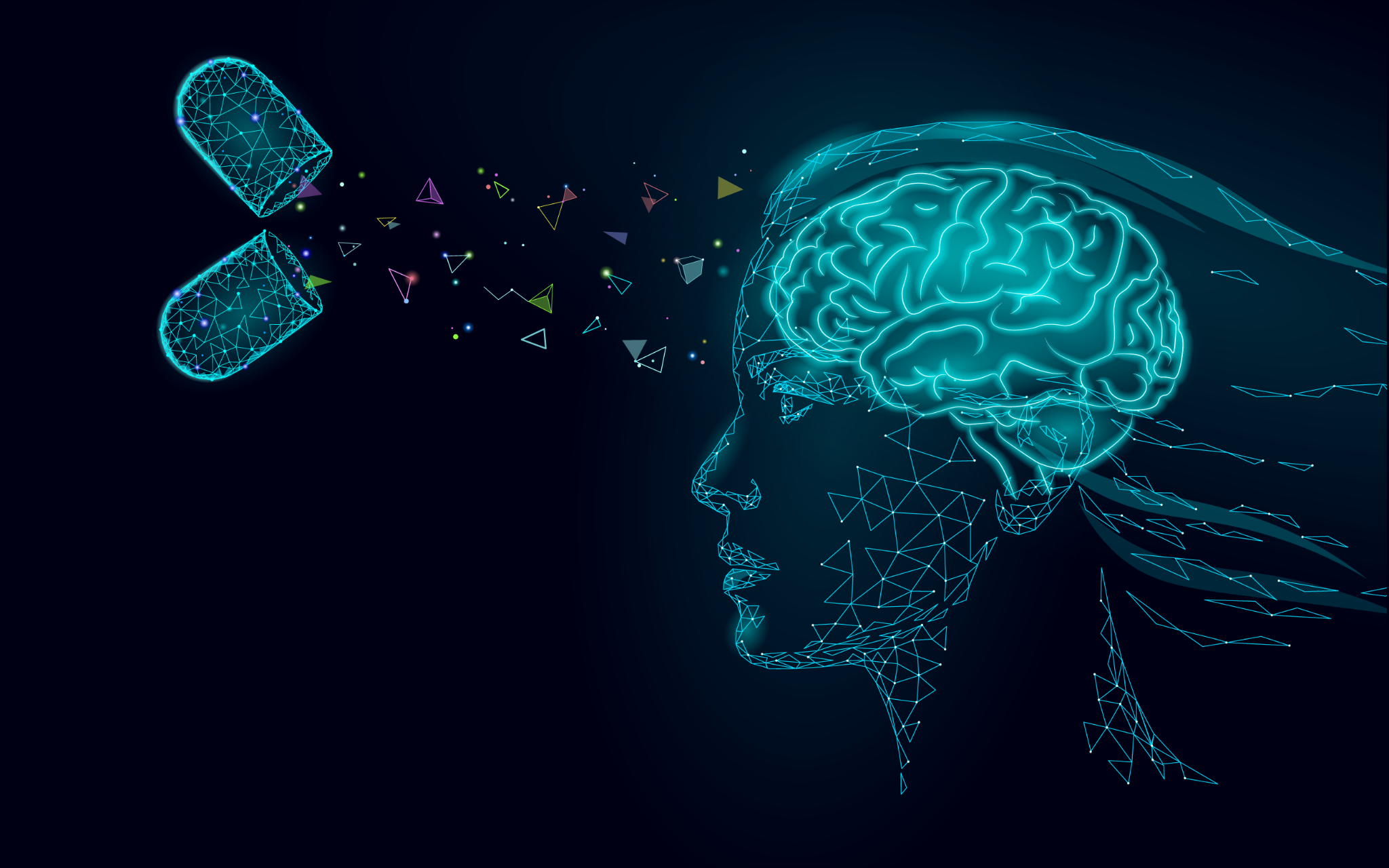Nootropics – also known as “smart drugs” or “brain supplements” – are supplements that purport to improve cognitive function. But is there any evidence that they actually do? In this article, we take a look at the research on nootropics and brain health to see if they’re actually harmful or beneficial.
What are Nootropics?
Nootropics are a group of cognitive enhancers which have been shown to improve focus, memory, and thinking skills. Alpha brain wave frequencies are associated with a state of focus and concentration. Does Alpha brain work? Nootropics such as piracetam have been shown to increase alpha brain wave frequencies, leading to an increased sense of focus and concentration. However, as with any new supplement or drug, there is always some risk associated with using them.
In general, nootropics are considered safe for use if used in accordance with the recommended dosage guidelines. But there is always the potential for negative side effects when taking any new supplement or drug.
Some of the more common side effects of nootropics include headaches, dizziness, confusion, and tiredness. It is important to talk to your doctor about any concerns you may have before starting to use a nootropic.
How Do Nootropics Work?

Source: orlandomagazine.com
Nootropics are a type of “smart drug” that has been around for quite some time. They are often marketed as a way to improve cognitive function, but do they really work? In this blog post, we will explore how nootropics work and whether or not they can damage the brain.
The first thing to understand about nootropics is that they are not all created equal. Some nootropics have been shown to be effective for cognitive enhancement, while others may have negative side effects. It is important to research the specific nootropic you are using before using it because the wrong one could have negative consequences.
What are the major types of nootropics?
Racetams: These drugs belong to the racetam family and are known for their cognitive enhancement properties. They are well-known for their ability to help improve memory and focus, and some users even report improved mental clarity. However, like most drugs, there is always some risk associated with taking racetams. So be sure to consult with your doctor before taking them if you are unsure about whether they are right for you.
Terpenes: These chemicals are found in many plants and have been used in traditional medicine for centuries. They have been shown to have cognitive enhancing effects in animals, but there is still some unknown about their potential human effects. Some people believe that terpenes may have a role in protecting the brain from damage.
Caffeine: This stimulant is well-known for its ability to improve performance, but it can also cause anxiety and other side effects if taken in large doses. So be sure to use caffeine sparingly if you are using it for cognitive enhancement.
These are just a few of the most popular types of nootropics. There are dozens of different nootropics, and each has different benefits and side effects. It is important to research which nootropic is best for you before using them because the wrong one could have negative consequences.
What are the Risks of Taking Nootropics?

Source: wsj.com
Nootropics are medications or supplements that purported to improve cognitive function and trick the brain into thinking it is working better than it actually is. However, there are a few risks associated with taking nootropics.
– First of all, nootropics can have side effects. If a person takes a nootropic without consulting a doctor first, they could experience any number of unpleasant side effects including headaches, dizziness, nausea, and insomnia.
– Additionally, some nootropics can also cause serious adverse cardiovascular events such as heart attack or stroke.
– Second, nootropics don’t work for everyone. Some people might experience benefits from using them while other people might not experience any improvements at all. This means that it’s important to be careful when taking nootropics and to consult with a doctor if you’re hoping to use them for long-term cognitive enhancement.



